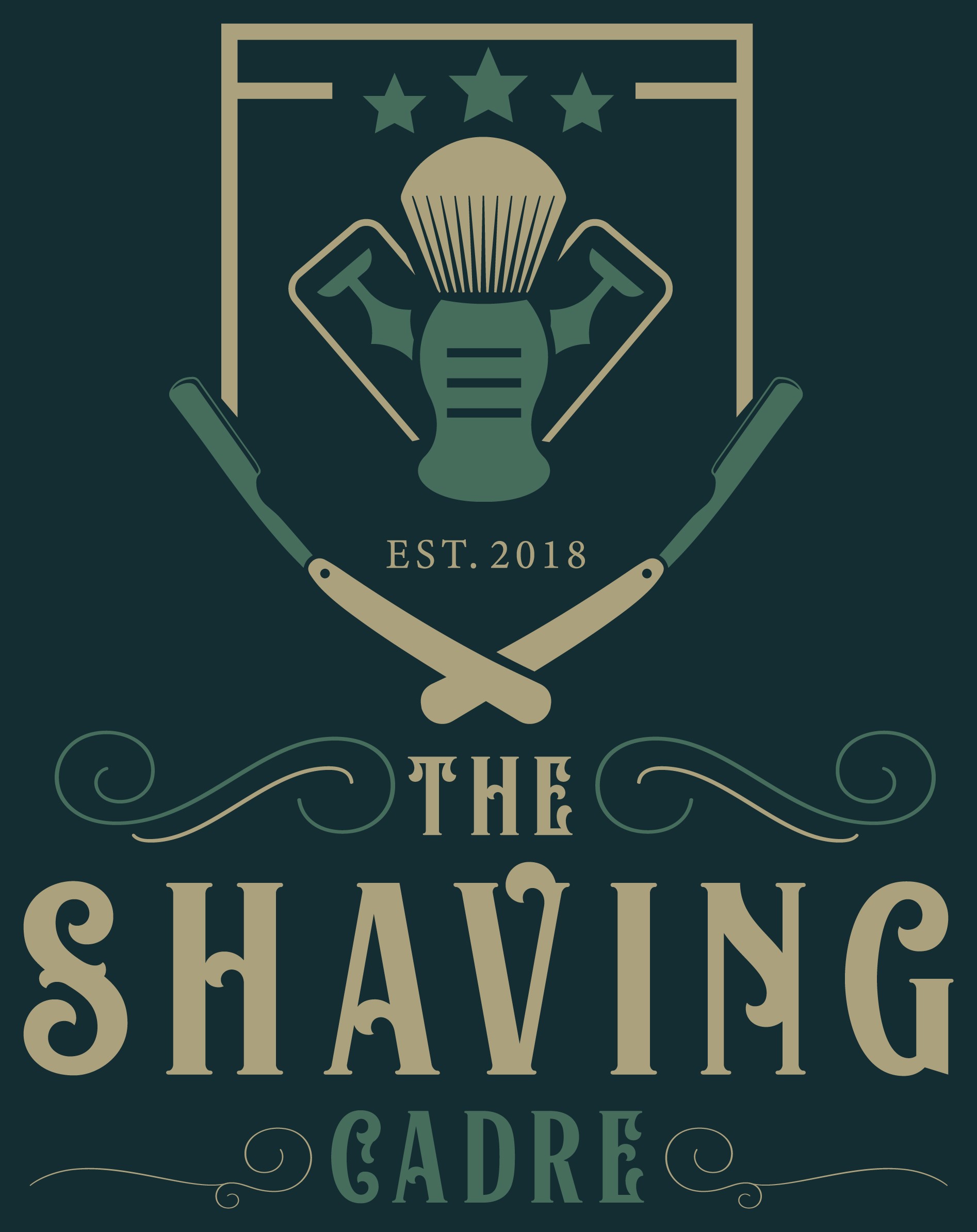Long before the digital age I was formally trained in the art of typography using moveable type, then spent my entire working career in some area of the printing business.
I blame my Irish teacher, Mr O’Reilly for the creation of my pet peeve of the term “upper case”, by the threat of failure to those who would dare to use such terminology. There really is no such thing as “upper case”.
Most late compositors work stations at the beginning of the photographic and digital ages did not even have type case positions of upper and lower but came to favor the hugely popular California Job Case where jibberish such as “be careful driving elephants into small foreign garages” were used as training aids.
View attachment 76699
The European origin of the use for the term “lower case” came from the use of older compositor work stations and type banks where small letters were in a lower more accessible position. The upper position was for the capital letters (caps) AND a commonly used “small caps” whose dimensions were more like the small letters found in the “lower case”.
The saving grace for my sanity is that the designers of typewriter keyboards labeled that one key in the center left as “caps lock” and not “upper case lock”.
While an upper case did exist in typography, the follow up question to the specification of “upper case”, would have been, do you want “caps, small caps or capitalization of small caps”
I have recollection of a trade show where an older gent I knew was costumed as Ben Franklin and displaying the use if his private collection of well preserved ancient and operational typecasting equipment using a molten lead- tin alloy. He was also printing and handling out one at a time examples printed right there on a manual press from the era.
It would have been nice to have had a video of this unique museum worthy display. I have no idea what actually happened to the collection of Bruno Woernle but I likely would have included ink from a company I worked for.
Sorry for the rant, upper case always triggers me.
